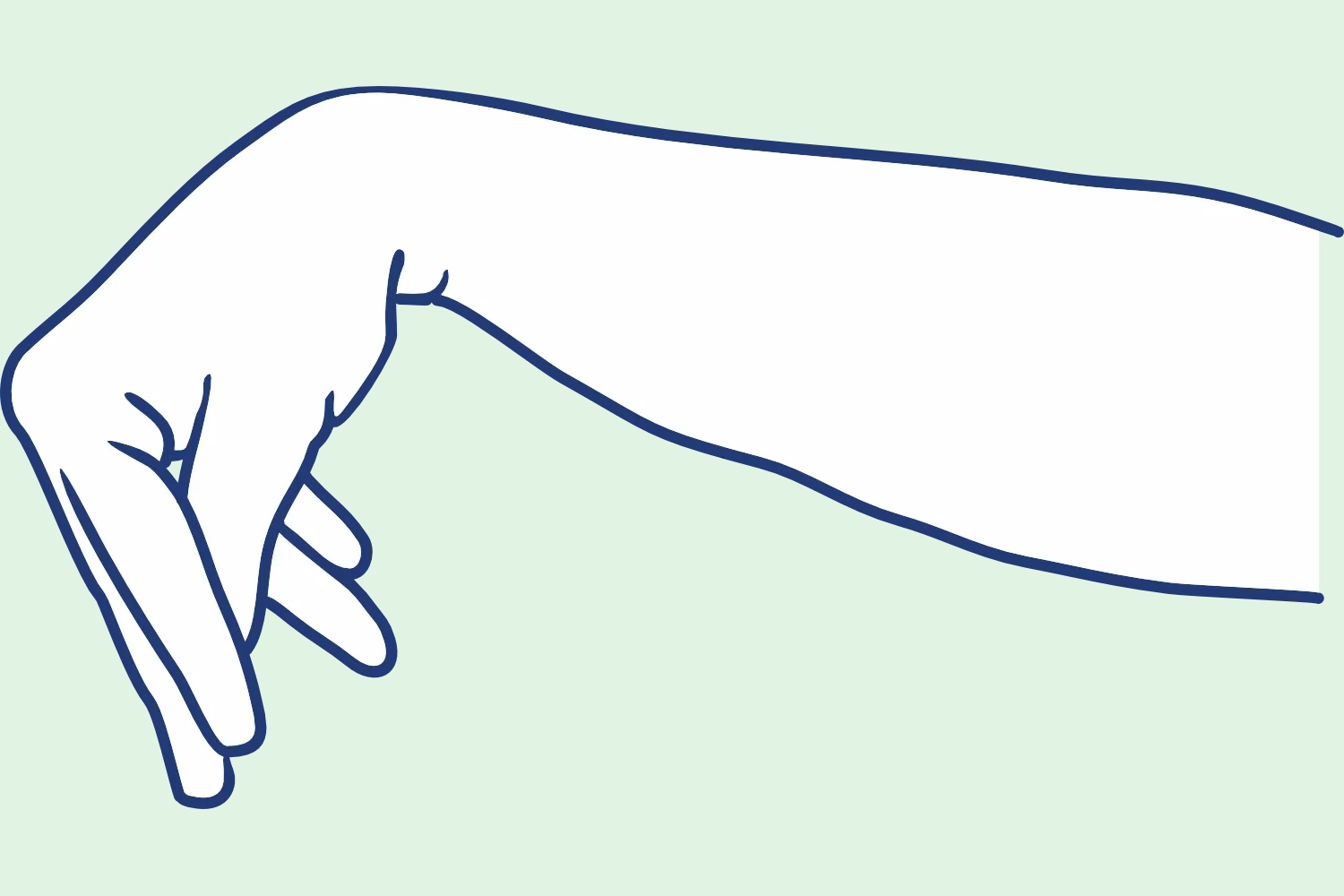To provide services at the highest level, we use cookies. Using the website requires you to choose settings related to their storage on your device. If you want to know what each type of cookie is used for, click the Details button below.
Tetany – symptoms, causes, treatment26 listopada 2021 |

Effective treatment of myotonia is based on identifying and eliminating specific trigger factors of the disease, especially in the hypocalcemic form. This means that the diagnosis and treatment must be tailored to individual needs, taking into account specific electrolyte disturbances.
If test results indicate a deficiency of calcium, magnesium, or other electrolytes, the treatment involves supplementing them through appropriate supplements or dietary changes. Regular monitoring of the levels of these substances in the blood is crucial to adjust the therapy to the patient's current needs. For this purpose, patients are given solutions of calcium and magnesium to alleviate symptoms and restore the proper level of these electrolytes in the body. This approach primarily aims to relieve muscle pain, spasms, and other symptoms associated with myotonia.
Preventing myotonia attacks primarily involves regular intake of calcium or magnesium, vitamin D, or vitamin B6, which help maintain the proper level of these substances in the blood. It is precisely the monitoring and adjusting of doses of these supplements to the individual needs of the patient that is crucial in preventing myotonia relapses.
It is also important to remember that patients with myotonia should regularly consult with a specialist doctor who will monitor their health and the levels of electrolytes in their blood to adjust the therapy and, thereby, ensure the highest quality of life and minimize the risk of myotonia attacks.
Tetany is not so much a disease as a symptom characterized by uncontrolled, painful muscle contractions. The main cause of tetany is electrolyte imbalances, particularly a deficiency of calcium, magnesium, or potassium.
Symptoms of tetany include gradual muscle weakness, which may initially manifest as difficulty in performing daily activities such as rising from a chair or climbing stairs. As the disease progresses, patients become increasingly dependent on the assistance of others to perform these tasks.
The most sensitive and best test for detecting neuromuscular hyperexcitability, and therefore tetany, is electromyographic examination (EMG), also known as the tetany test. Additionally, blood tests for calcium, potassium, and magnesium levels can provide important information about tetany.
Distinguishing tetany from anxiety disorders can be challenging because some tetany symptoms, especially when combined with a tingling sensation in the face and limbs, may be misinterpreted as a panic attack, especially in the case of latent tetany. Latent tetany manifests covertly and non-specifically, often leading to its accidental diagnosis.
In the diagnosis of tetany, biochemical blood tests are used to assess the total calcium concentration, and sometimes ionized calcium, as well as magnesium, potassium, and parathormone levels. Furthermore, measuring the level of vitamin D in serum, especially its metabolite 25(OH)D, can also provide valuable information to support the diagnosis of tetany.